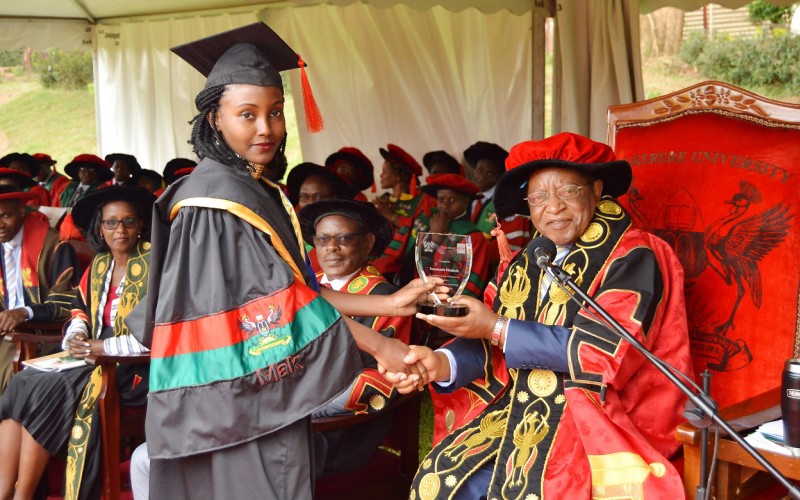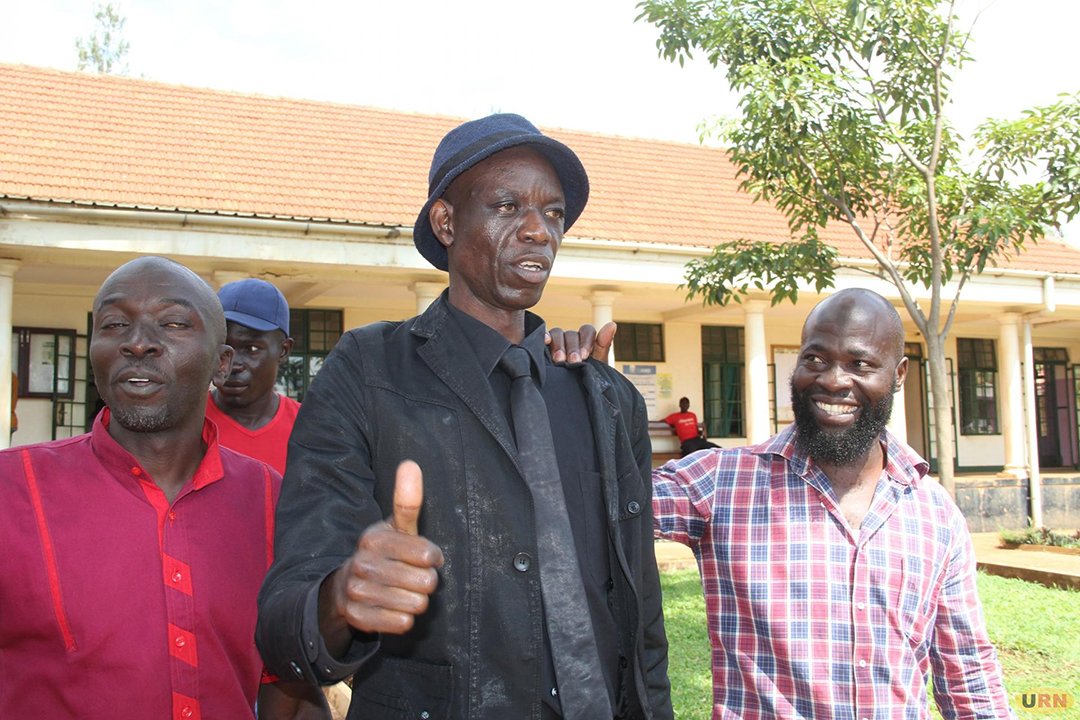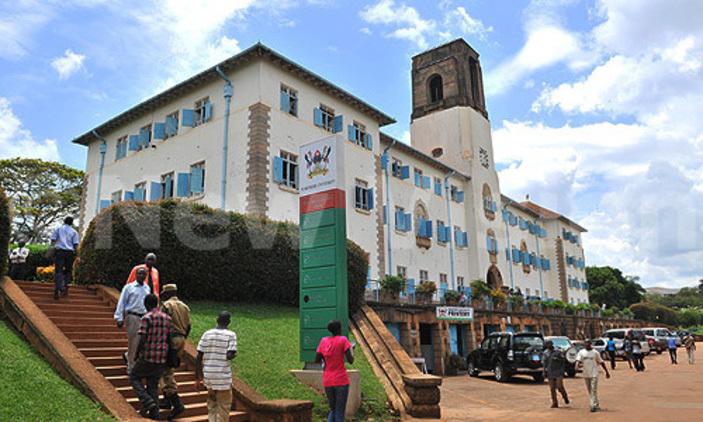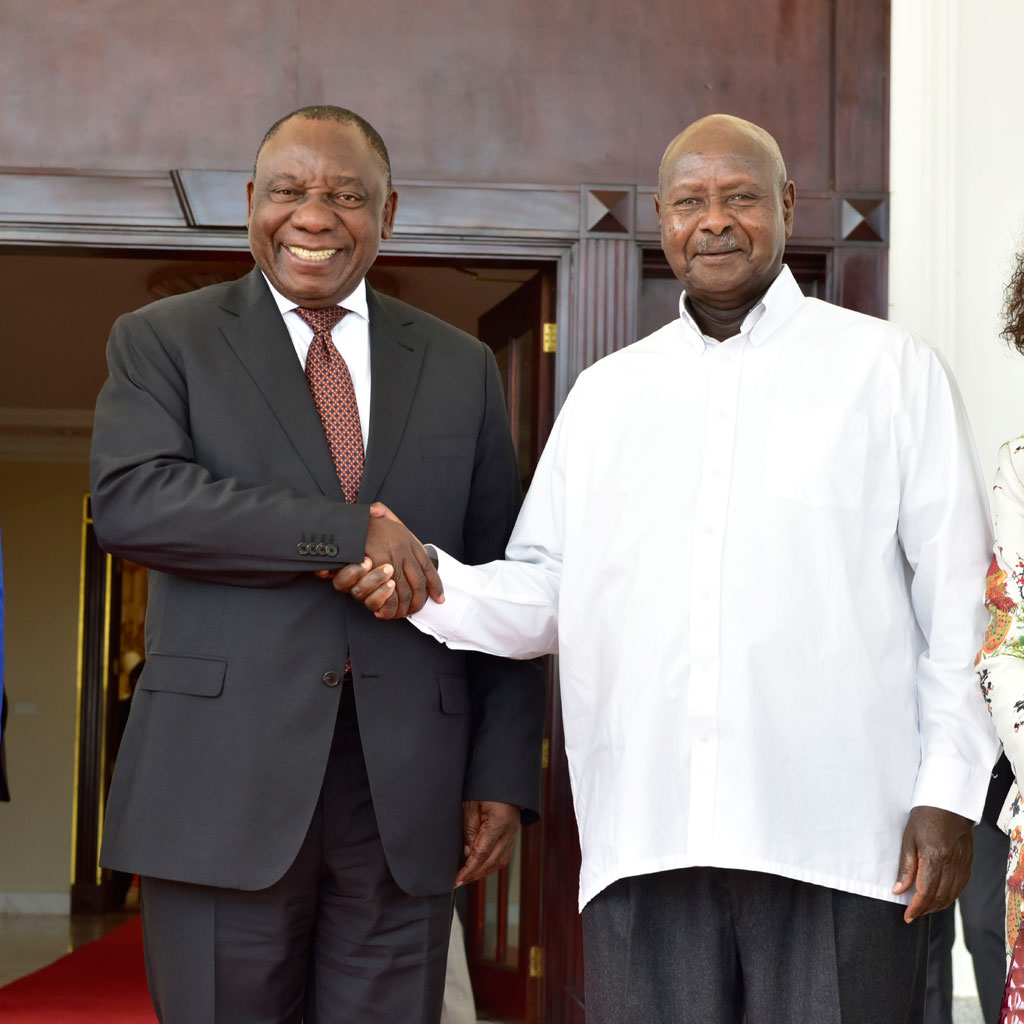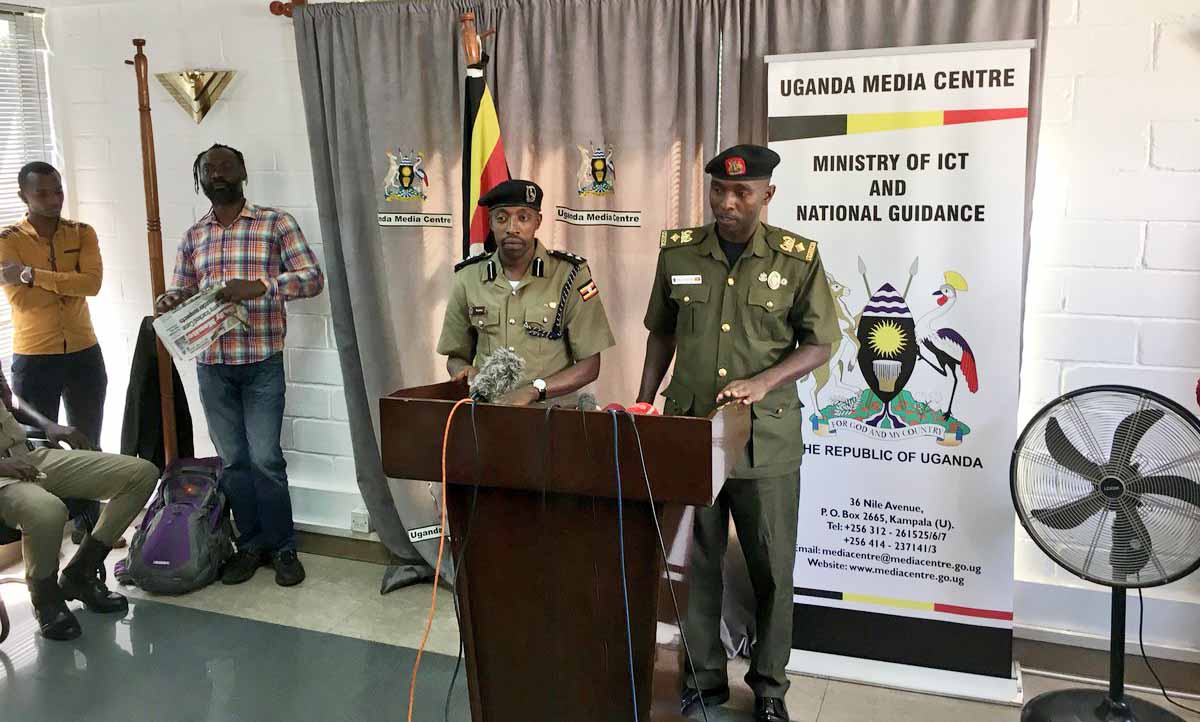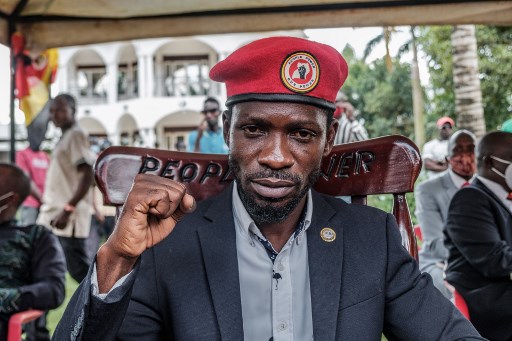The call by some people who include Deputy Speaker Thomas Tayeebwa to revise the process of awarding government sponsorships to the exclusion of those who sit their exams in high performing schools but expensive is drawing mixed reactions from different stakeholders.
While some are disagreeing with him saying that his arguments are superficial, some find his argument valid and they are calling for a complete overhaul of the entire process. In his argument, Tayeebwa says the current rewarding system is rewarding the “children of the rich” at the expense of the “children of the poor”.
Speaking at Makerere’s centenary ceremony, Tayebwa re-echoed the argument he had started earlier in parliament thus:
“Most of the beneficiaries of government sponsorships are students from well-to-do families. They are children of the rich who qualify from Mt St Mary’s College Namagunga, St Mary’s College Kisubi, and St Mary’s Kitende. That is where we are taking our children so that they excel and they benefit from government sponsorships. The school fees in some of those schools are higher than the tuition fees of the university.”
In his argument, Tayebwa refers to his school in Mitooma, saying: “If a school in Mitooma can produce a deputy speaker, why can’t they produce an engineer”?
He says that giving a scholarship to someone who was paying much more money in high school than the cost of tuition at the University makes no sense and it is a disadvantage to children of the poor. He however does not consider the sense that parents invest highly in the secondary education so they can benefit from government sponsorship at university.
He also doesn’t seem to recognise that many brilliant poor children get well-wishers to sponsor them in the ‘St Mary’s’ type of schools and it would cruel to deny them government sponsorship of the y qualify for it just because they study in a good school on charity.
But Tayebwa prefers government sponsorship to be given to children across unprivileged districts in the country who cannot afford tuition in higher institutions. In fact, he told the President at the event that they are preparing a proposal that will be presented to him.
Tayebwa does not however say if the proposal will also include uplifting the upcountry schools.
But how does govt sponsorship work?
The government undergraduate sponsorship program was started to award students free studies at the university based on their excellence at Uganda Advanced Certificate of Education-UACE.
The government occasionally meets the cost of tuition for these students and functional fees, and they are always given meal allowances and accommodation allowances exclusive to those who do not get placements in the halls of residence.
The program admits 4,000 students each year across all public Universities in the country and is divided into three categories.
First, the direct admissions scheme is also known as the national merit which takes the lion’s share, admitting 75% of the finest students (about 3,000) from throughout the country to programs at public universities, but this falls solely under the category of merit.
Secondly, the district quota scheme, which admits top-performing students from each district and this takes about 800 students.
Here, the beneficiaries are selected depending on their performance by a board that has a member from each of the public universities. The number of students drawn from each district depends on the population of that district.
The last category is the sports and special needs scheme which supports outstanding sportsmen and women, and also people with disabilities and this caters to 200 students.
But from the deputy speaker’s argument, the current system rewards the children of the rich, who go to expensive schools, get high marks, and then study for free at university at the expense of poor children who cannot get good grades simply because they do not go to top-schools of this country.
Rev Fr Ronald Okello, the National Executive Secretary for education at Uganda Episcopal Conference agrees with the Deputy Speaker’s argument. He says the process of awarding these sponsorships can barely favor students from remote areas.
“The modality of admitting people on govt sponsorship depends on performance, those who score highly are the ones that get onto the sponsorship, now the question is the good schools that normally send so many students to the Universities and those who score high grades are schools for ordinary Ugandans, so the ground is not leveled, am aware of the quota system but how many are given slots through this arrangement?” He asked.
“So the ground is not leveled, they should increase the quota system so that they give districts more slots instead of the few that are being given, and they should be strict with those students who grew up in that district and are studying from that particular district,” he added.
On the contrary, Musa Mpungu Musoke, the head teacher of Masaka SS does not agree with the Deputy Speaker’s argument. He told URN that the move will trigger reluctance of schools’ performance well-knowing that whether they perform well or not, the student will automatically earn government sponsorship.
“The A-level score will be undermined, what will then be the benefit of parents paying heavy school fees? What will be the importance of getting high points? Mpungu asks.
“What they did, giving them (districts) some slots is better, let all students fight hard to get national merit regardless of where they are coming from. It would be bad if these slots are taken to one district, but they are shared across all districts of Uganda.”
“A national University like Makerere which is of international standards, if they start enrolling students with low points courtesy of an increase in the number of students who join via district quota, it will also affect the quality of graduates because many students who entered were average
“Therefore, even if we want to help our people who come from remote areas, we should not comprise the standards education system of Uganda, because prioritizing district quota will mean that you are at risk of taking average students that are not up to the standards.”
Mpungu said the deputy speaker should focus on improving schools that are lagging behind instead of advocating for a change in the process of awarding sponsorships.
“Instead of changing what is existing, the deputy speaker should front facilitation of schools in remote schools, one, they should equip these schools with good teachers, pay them well, provide them good accommodation, equip laboratories and libraries in each of these schools, eventually results will come and they will also be able to take students on national merit”, he said.
MP Patrick Nsamba who sits on the committee of Education and Sports also told URN that although he agrees with the deputy speaker on the current situation, changing the process will not bring a long-lasting solution.
He says the only solution should be empowering government schools that were previously making good grades and have since faded.
“I think the deputy speaker is right because of the current situation, but this was not caused because the government was targeting children of the rich, it was caused by the government’s reluctance is supporting its schools across the country, if govt schools across all regions were strong, we wouldn’t be in this debate, so the solution is to strengthen govt schools in different regions”, he said.
“I have heard the deputy speaker speaking about this, but I think he needs to know where the problem is, the government previously had its schools, where a student would be assured of passing and joining govt sponsorship. But these schools were ignored, and they empowered schools that can only be afforded by the rich people”, he added.


